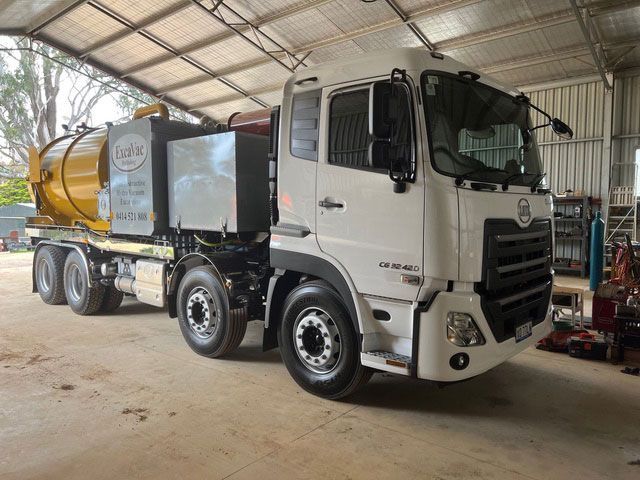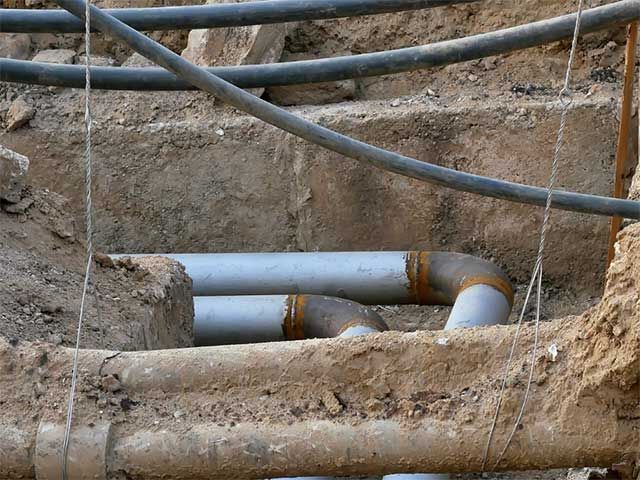NDD ticks all best practice boxes
July 3, 2021
What we do and how we do it is important
The company provides vacuum excavation services to the construction industry, in early works and where services need to remain in place while work is undertaken.
Some examples include road and pavement building works, and general construction involving hydro excavation.
Strategic hydro excavation of only one portion of soil surrounding a power pole enables it to be straightened and the foundation reinforced without having it completely removed. Users of this service include power companies, utilities, and the construction industry.
Using non-destructive digging for core sampling minimises the risk of cross-contamination that could occur when traditional excavation techniques are used. This is essential for geotechnical and soil analysis prior to work or even post-works site remediation.
Utilities and services such as sewer, telecommunications, power or gas lines, often exist in the site where trees need to be planted or remediated. Non-destructive digging
is an ideal and cost-effective solution to investigate the extent of root invasion without damaging the underground lines.
Excavac’s non-destructive digging technology is licensed by the Environment Protection Authority.
The technology reduces risks associated with conventional digging, and also closes the loop on industrial waste by ensuring that slurry produced by hydro excavation is reused as backfill whenever possible.
If you are seeking a non-mechanical excavation method that’s environmentally-friendly, non-invasive and non-destructive, Excavac is at hand to help.
Non-destructive digging (NDD), also known as hydro excavation, works by blasting soil or other surfaces with highly pressurised water and air.
The pressure mimics the effect of mechanical digging, but because the water or air is focused on the target, it doesn’t impact the surrounding area, underground assets or tree roots.
After the soil is loosened, it is sucked up with other debris using a high-volume suction hose into the hydro vac storage tank.
NDD is a great option when excavating near underground services like sewerage pipes, gas, water and telecommunication lines. Mechanical drilling can be slow as the risk to surrounding areas is high, whereas NDD is safe and efficient.
Non-destructive digging is not only useful for potholing and excavation, it’s a safe method for areas with valuable underground assets, straightening power poles and obtaining soil samples with coring while reducing risk of cross-contamination.
The pressure system applied during non-destructive digging is significantly quieter than traditional mechanical digging equipment, which is important in suburban and metropolitan areas with residential properties and foot traffic.
NDD also ensures less mess than other approaches to digging, reducing clean up time, while saving cost throughout the project.
Detours and road closures are other inconveniences of infrastructure upgrades. Non-destructive digging
can reduce the impact, with excavations taking minutes instead of hours.
The non-invasive method also ensures that underground assets are not harmed in the process, eliminating cost from potential repairs. Tree roots and plant life are also better protected from damage.
For more information or an obligation free quote call 0414 521 808
or email us here.







